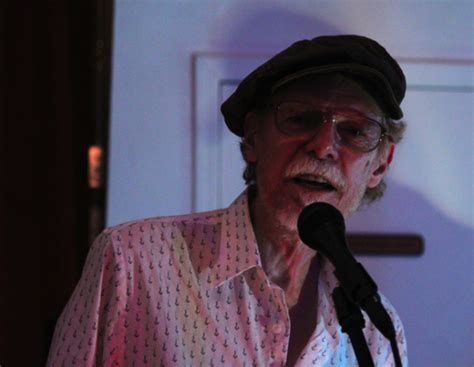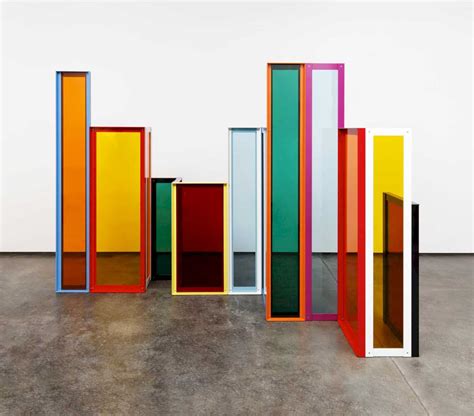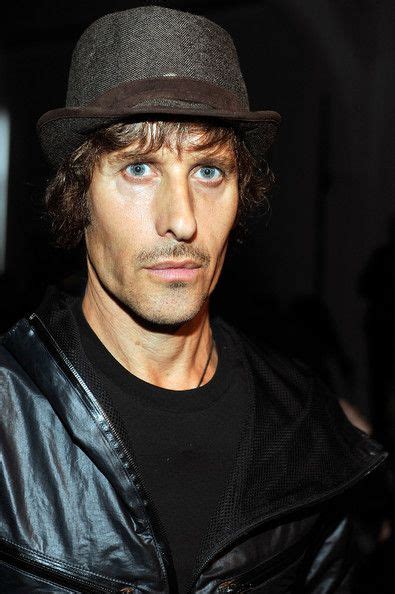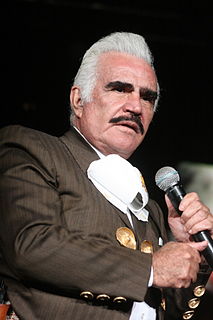A Quote by Ed Askew
My work as a painter has always been tied to Modernism. I read everything I could find related to art, from Paul Cézanne through the 1950s.
Related Quotes
Modernism was a big thing for me, coming from a father who was very interested in art, music and culture - and almost always Italian art, music and culture. One good thing about Italians is that culture is part of everyday life. But Modernism is a movement of the past. The idea of a Modernist building as a sculpture set on a pedestal of grass is a part of Modernism that I'm not so crazy about.
Most artists, or at least most of the ones I know, deny having a philosophical outlook that they try to translate into their works. Some had thought of the work of Cezanne and others as being a 'painted epistemology.' But Cezanne himself denied this and Daniel-Henri Kahnwiler, the art critic and art dealer, insisted that none of the many painters he had known had a philosophical culture.
Every painter must traverse for himself that distance from Paris to Aix (where Paul Cézanne worked a lot, fh) or from Venice to Toledo (where El Greco painted a lot, fh). Expression is for one knowing its own pivot. Every expressor relates solely to himself - that is the concern of the individualist.






































